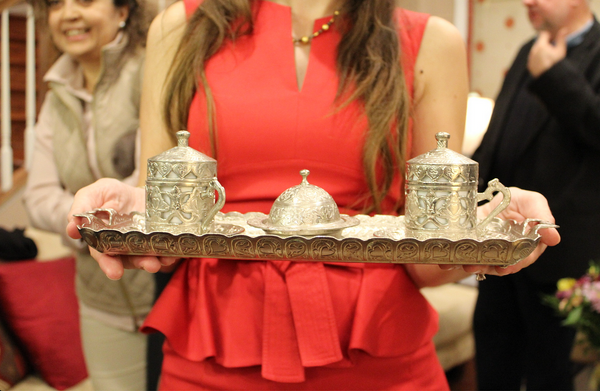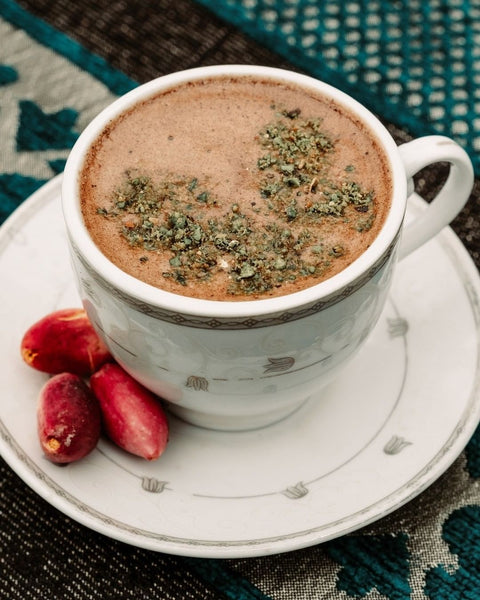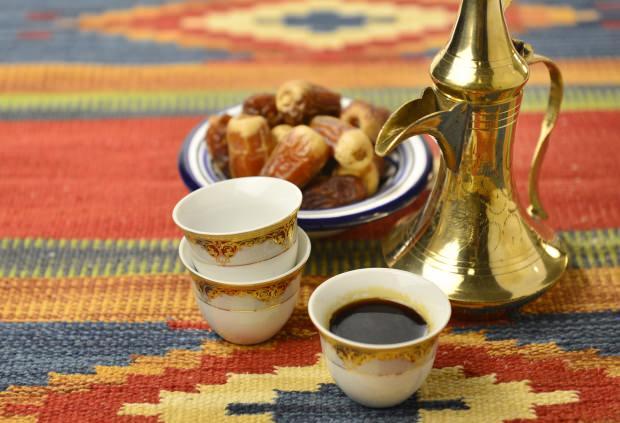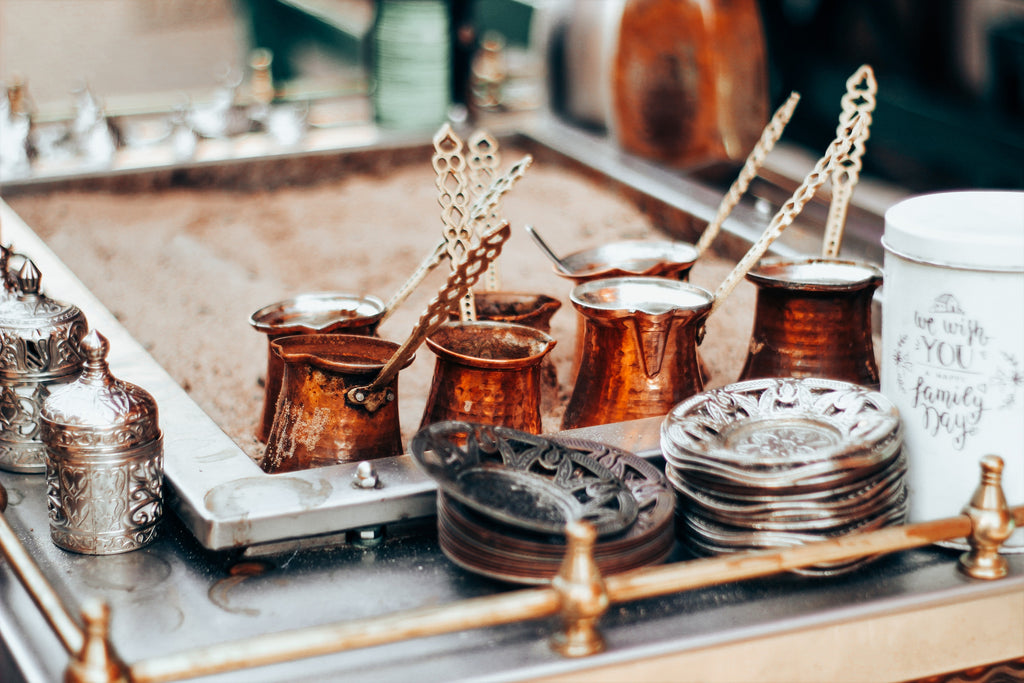In the heart of Turkey, where ancient traditions and modern life seamlessly blend, there lies a treasure that tantalizes the senses and warms the soul – Turkish coffee. Beyond its rich, aromatic brew, Turkish coffee carries with it a history and culture as deep as the Bosporus itself. In this article, we'll take a flavorful journey through time to explore the history, cultural nuances, and diverse types of Turkish coffee.
1. The History of Turkish Coffee:
Turkish coffee's captivating history is a tale as rich as the brew itself. It was in the 16th century that Turkish coffee first graced the lips of the Ottoman Empire. Legend has it that Syrian traders introduced this aromatic elixir to Istanbul, where it quickly captured the hearts of the Ottomans. Over time, Turkish coffee became more than just a beverage; it became a symbol of hospitality and social connection.
2. Turkish Coffee Culture:
Beyond its delightful taste, Turkish coffee carries a cultural significance that has been cherished for generations.

In Turkey, the remnants of a cup of Turkish coffee hold the secrets of the future. The practice of tasseography, or reading coffee grounds, is deeply woven into Turkish coffee culture. The patterns formed by the coffee grounds at the bottom of the cup are interpreted by skilled fortune tellers, offering insights into one's destiny. There are even apps available today that allow you to photograph your coffee cup's bottom and send it to a fortune teller for analysis.

Turkish Weddings:
Turkish coffee plays a prominent role in traditional Turkish weddings. When a suitor visits a woman's home to seek her hand in marriage, it is customary for the woman to prepare and serve Turkish coffee to her guest. This act symbolizes her housekeeping abilities, and in some cases, women may add a pinch of salt to the coffee to test the temperament of their potential partner. Turkish coffee thus weaves its way into the very fabric of matrimonial customs.
3. Types of Turkish Coffee:
Turkish coffee is not a one-size-fits-all brew; it boasts a diverse family of unique coffee beverages, each with its own personality and flavor.

Menengic Coffee:
A delightful departure from tradition, Menengic coffee stands apart as it is not made from coffee beans but from the beans of the Pistacia terebinthus tree. It's caffeine-free and offers a fruity, unique flavor, prepared using the traditional Turkish method.

Mirra:
Translating to "bitter," Mirra lives up to its name with a strong and intense flavor profile. Roasted twice and coarsely ground, it boasts a pronounced bitterness. Often, spices like cardamom are added to enhance its flavor.

On Sand, Coals, Ashes:
While not a distinct type of coffee, Turkish coffee can be prepared in three unique ways: on sand, on coals, or on ashes. Each method imparts a slightly different flavor to the coffee. The traditional choice involves using sand as the heating medium, a practice still prevalent in many Turkish homes.
Turkish coffee is more than just a beverage; it's a cultural experience that embodies the warmth and traditions of Turkey. As you explore the vibrant streets of this remarkable country, take the time to savor the diverse coffee offerings, each a testament to Turkey's rich coffee heritage. Whether you prefer the classic Turkish coffee or are enticed by its intriguing variants, Turkish coffee culture offers a journey of flavors and stories waiting to be discovered.








